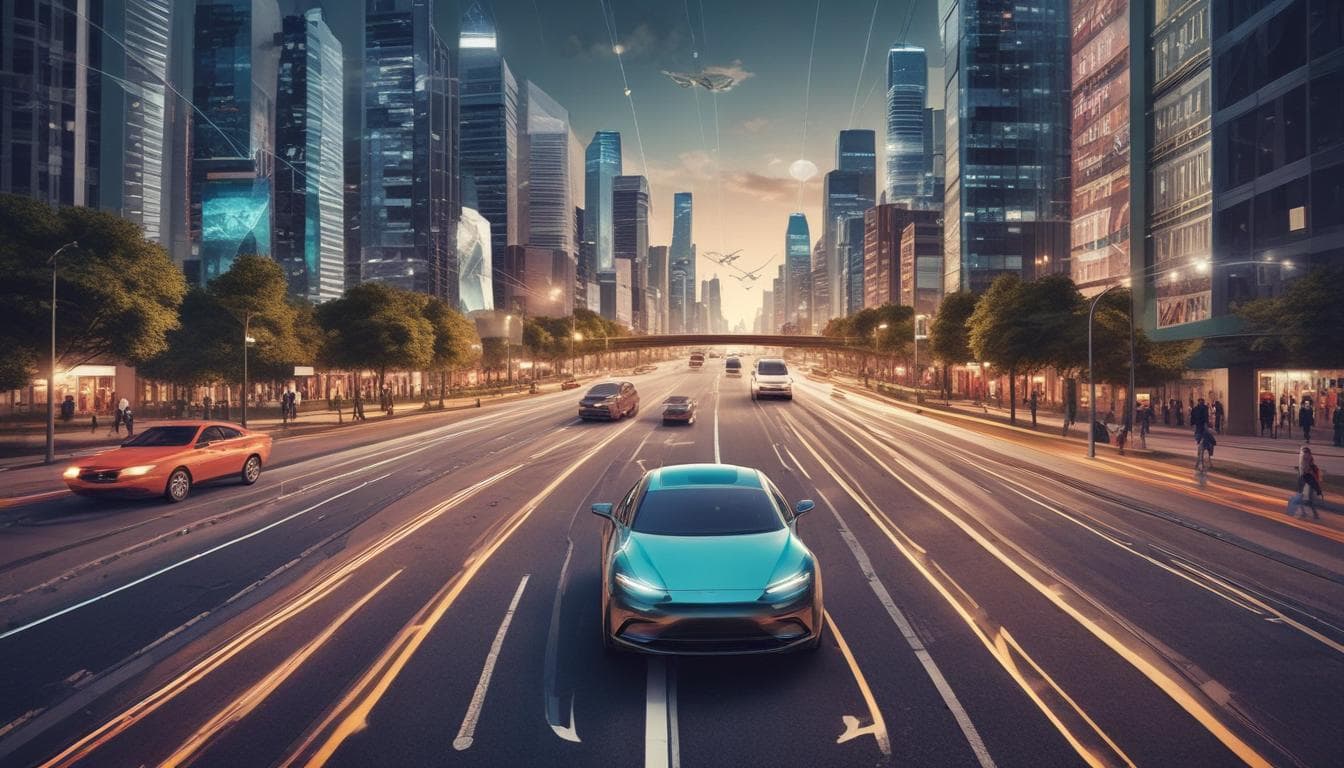With the rise of AI in vehicles, how might the concept of "car ownership" evolve? Could we see a future where access to personalized, on-demand vehicles replaces individual ownership, and what societal shifts might this create?
The evolution of AI in vehicles could profoundly reshape the way we think about car ownership. As AI enables smarter, more efficient, and more personalized travel experiences, the concept of owning a vehicle could shift towards accessing mobility as a service. This trend aligns closely with the rise of Mobility-as-a-Service (MaaS), where users prioritize convenience and flexibility over individual ownership. You can explore how MaaS is transforming transportation models in this article on the transformative impact of mobility-as-a-service.
In the future, we might see fleets of AI-powered autonomous vehicles available on-demand, offering tailored travel solutions without the need for personal ownership. This shift could bring significant societal changes, including:
- Reduction in Urban Congestion: On-demand AI vehicles could reduce the number of cars idling in traffic or parked for long periods, optimizing road usage and minimizing congestion in cities.
- Environmental Benefits: Shared vehicle fleets are likely to be electric, reducing emissions and fostering sustainable urban living. Learn more about the environmental impact in this article on sustainable practices in automotive.
- Increased Accessibility: For individuals who find car ownership financially or physically challenging, access-based models provide a practical alternative.
That said, the widespread adoption of such systems will require robust infrastructure, seamless integration of AI technologies, and societal acceptance of a new paradigm of car "usership." One potential model already gaining traction is the concept of car subscriptions, where users pay for access rather than ownership. This idea is explored in greater detail in this discussion on the rise of car subscriptions.
Ultimately, a future driven by AI and access-based ownership models is not only possible but increasingly probable. It represents a shift in priorities from possession to access, convenience, and sustainability. What are your thoughts on the potential hurdles society might face in adopting these changes?
このトピックについてさらに詳しく探る
会話に参加する
- 未来のドライブ体験:自動車が「思い出」を記録・共有する機能について
自動車がAIを活用して「思い出」を記録・共有する未来のドライブ体験について議論しましょう。美しい風景、音楽、会話などを自動記録し、他のドライバーと共有したり、AIが新たなドライブコースを提案。メリット、デメリット、プライバシー、社会的影響について意見交換。
- 車が感情を読み取る都市:未来のモビリティ社会の可能性と課題
車が都市の感情を読み取れる未来のモビリティ社会。交通渋滞緩和、事故減少といったメリットと、プライバシー、AI倫理といった課題を考察し、未来の可能性と課題について議論しましょう。
- 車が都市の感情を読み取れたら?未来のモビリティ社会を想像しよう!
車が渋滞のイライラやお祭りの高揚感など、都市の感情を読み取れるようになったら?車のデザインや機能、私たちの生活はどう変わる?未来のモビリティ社会について自由に語り合いましょう。





